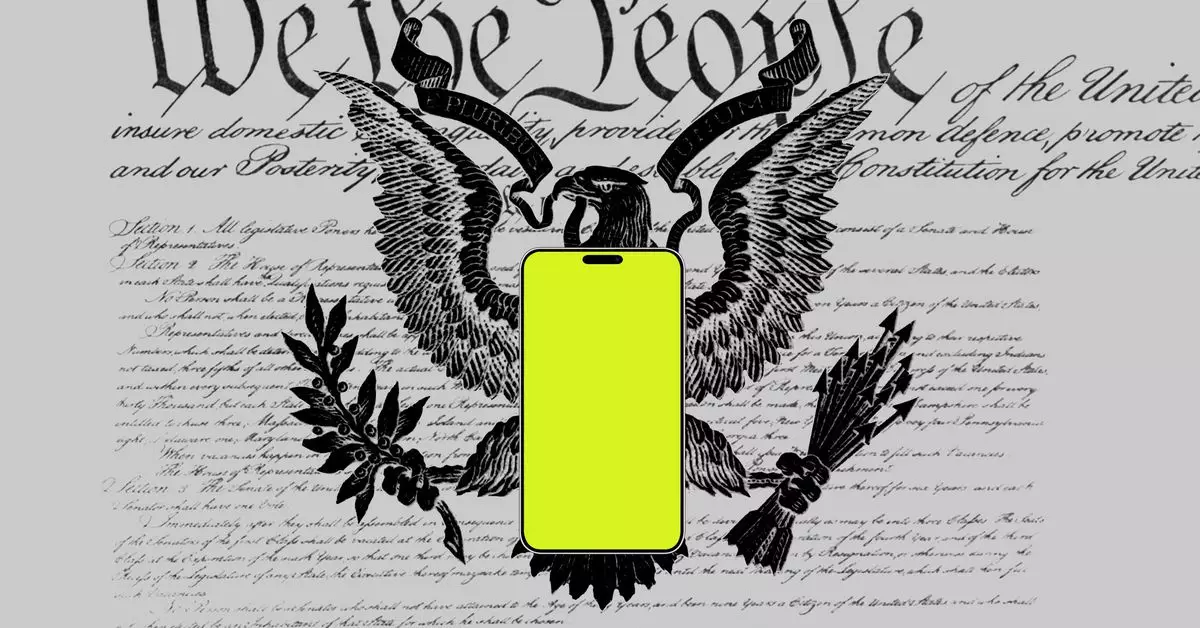In a promising development for consumers, the Federal Trade Commission (FTC) has reported a significant decrease in complaints regarding unwanted telemarketing calls, marking the third consecutive year of decline. Data indicates that these complaints have diminished by over 50% since 2021, a trend that suggests that recent government initiatives are having a positive impact. This article delves into what factors might be contributing to this notable decrease and considers the extent of its implications for consumer protection in the digital age.
The FTC attributes this improvement primarily to enhanced enforcement measures that target illegal telemarketing practices. The evidence is compelling: reports of unwanted calls fell by approximately 33,000 in the 2024 fiscal year compared to the previous year. Crucially, while the overall complaints have decreased, calls related to debt reduction scams have increased significantly—by over 85%. This paradox necessitates further exploration, as it underscores that while strides have been made in curbing general telemarketing abuses, certain sectors remain resistant to regulatory efforts.
FTC Bureau of Consumer Protection Director Sam Levine acknowledges that despite a noticeable decline, illegal calls persist as a significant nuisance. The FTC has adopted a multi-faceted strategy that includes pursuing “upstream players”—essentially those who orchestrate these calls—and enhancing its capability to address new threats in a rapidly changing digital landscape. The effectiveness of the agency’s measures can be seen in their rigorous enforcement of the Telemarketing Sales Rule (TSR), which imposes a multitude of restrictions on telemarketers, including specific guidelines on when calls can be made.
Moreover, the agency has expanded these rules to encompass communications employing artificial intelligence, a move illustrating the FTC’s adaptability to modern challenges. Last year, the FTC took a significant step by prohibiting the notorious extended vehicle warranty scams, a decision that followed high-profile regulatory actions like the Federal Communications Commission’s (FCC) proposed $300 million fine against such fraudulent campaigns.
The FCC has also played a vital role in this collaborative effort to battle telemarketing fraud. Key initiatives have included the enforcement of new anti-spoofing protocols, requiring major mobile carriers to ensure that the phone numbers displayed on caller ID match the originating numbers. This step aims to bolster consumer confidence by enhancing transparency in caller identification. Additionally, the FCC’s implementation of a ban on AI-generated robocalls and strict regulations on robotexters demonstrates a concerted effort to curtail invasive marketing techniques that have plagued consumers for far too long.
While the reduction of telemarketing complaints presents a hopeful outlook, it is evident that challenges remain—especially concerning the surge in debt reduction calls. It raises the question of whether current regulatory approaches will sustain their momentum or require further refinement. As technology evolves, so too do the tactics employed by those engaged in fraudulent practices. Thus, continuous vigilance and proactive regulatory adaptations will be essential to safeguard consumer welfare in the coming years. The reduction in unwanted calls is a victory for consumers, but the fight against telemarketing abuse is far from over.

